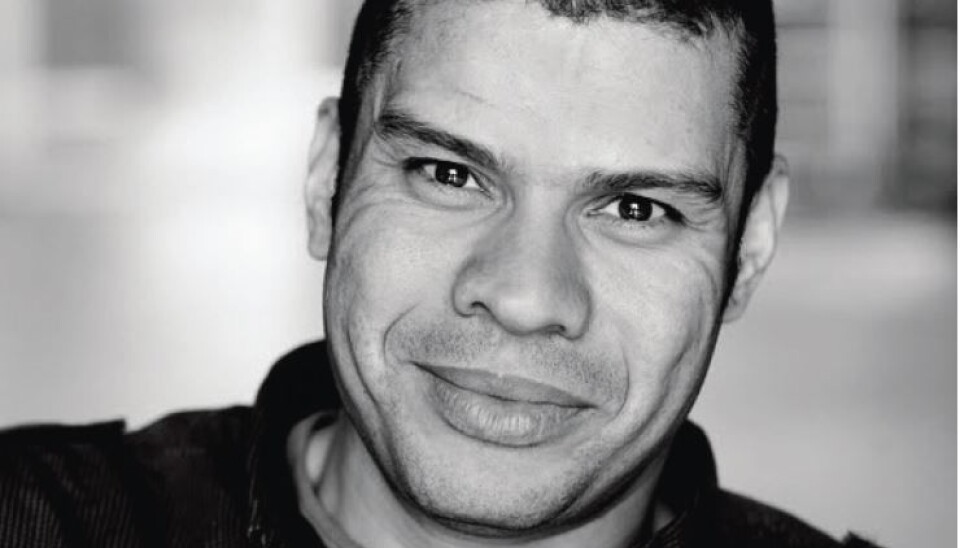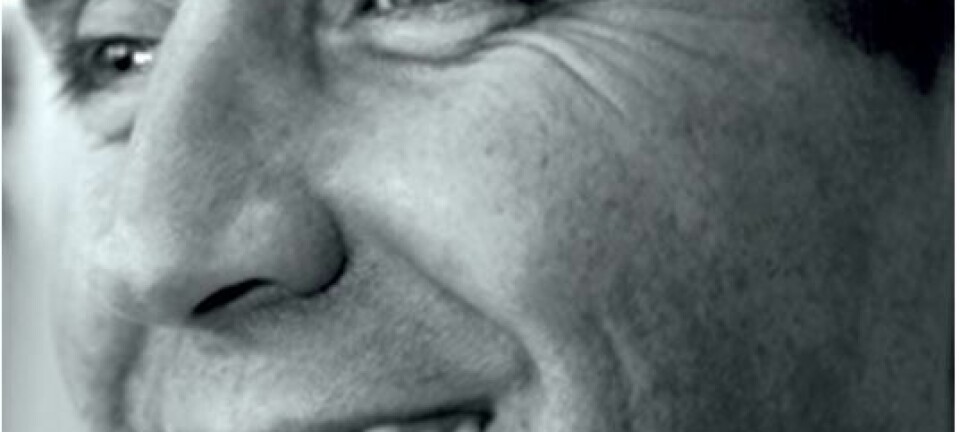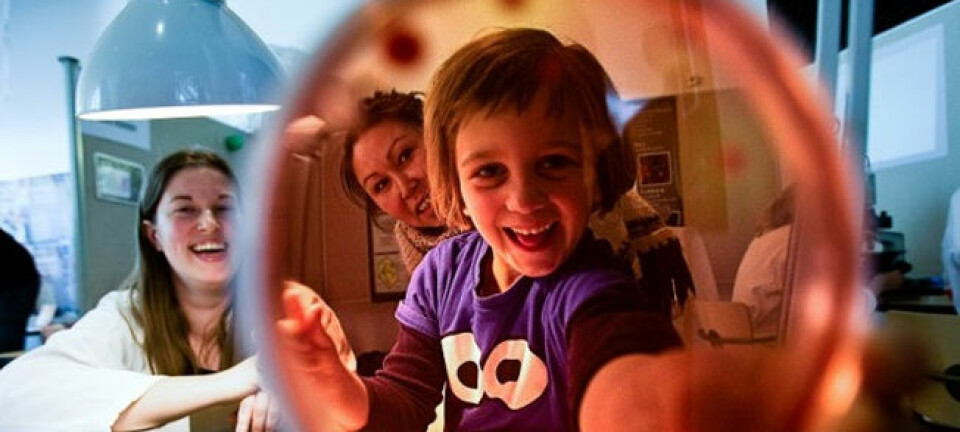
Good science communication depends on good judgement
Philosopher Vincent F. Hendricks explains the rewards and dangers of science communication. A Q&A.
Vincent F. Hendricks is a professor of formal philosophy at the Department of Media, Cognition and Communication at the University of Copenhagen and former visiting professor at Columbia University in the City of New York. He is an active communicator on both TV and radio.
How did you start communicating your research to the public?
”It all more or less started in 2007, when my colleague Frederik Stjernfelt and I published a book titled 'Tal en tanke' ('Thought 2 Talk'). It’s a book on logic and reasoning using examples from everyday situations and public debate. It didn’t take long before I was invited to write a column for the trade journal Engineering Weekly, and this turned out to be my first real learning experience in science communication.
The challenge of writing columns is that you’re given one and a half pages within which you need to introduce the subject, analyse, and make concluding remarks about things that scientists normally cover in long books. You therefore need to filter out some information and figure out what is necessary to include. It should be written in a language that is lively and simple, though not corny or vulgar, and you should be able to look both your average reader and your colleague or peer in the eye afterwards."
When you communicate, do you think about how your research colleagues react to what you’re saying?
”When you communicate, there are two target groups you need to worry about: the people you communicate to – and your colleagues. But you also need to be true to the subject at hand. If you approach it this way, the process becomes liberating, because suddenly it becomes a way of representing the subject rather than representing colleagues and the scientific or academic community. As long as you are true to the subject and manage to introduce, analyse and draw conclusions about the given problem within a page and a half, using a simple, yet not corny language, you’ll be ok.”
How do you know when to compromise on precision to spice up your communication and when to be strictly professional?
”This is where the art kicks in. There’s a difference between shaving things off and simplifying things. When you just shave things off, you may end up leaving out information that’s essential to the reader’s understanding of the problem – and the problem as such. When, on the other hand, you simplify, you make an editorial decision about what needs to be included in order for people to understand the problem. The choice is up to you, and this decision requires your professional skills as a scientist.”
What are your best communication tips for other scientists?
”You want to consider what the public needs to know for learning and enlightenment. This is a matter of judgement."
What do you, personally, get out of communicating?
”There is an asymmetric idea that the public gets smarter when scientists communicate, but that scientists do not. This is not true. There are professional benefits in it for you, too. You not only become better at simplification for elucidation – also when you write professional research articles; you also sometimes get valuable feedback from the public on things you had not considered before. It could for instance, be from parties who write you emails after you have appeared on TV.
Sometimes they hit the nail right on the head. So we’re talking about an interesting feedback mechanism here that scientists can make good use of.
In the texts I wrote five years ago, I used classic, abstract, and philosophical examples to illustrate my points. Today, I only use examples taken from everyday life. It could be a Woody Allen quote, an event, a social media anecdote, or an experience at the local mall that illustrates an informational or social psychological point, and so on.
Examples from everyday life make research more practically useful, and the research findings become more relevant to the public – and to you too."
Translated by: Dann Vinther






